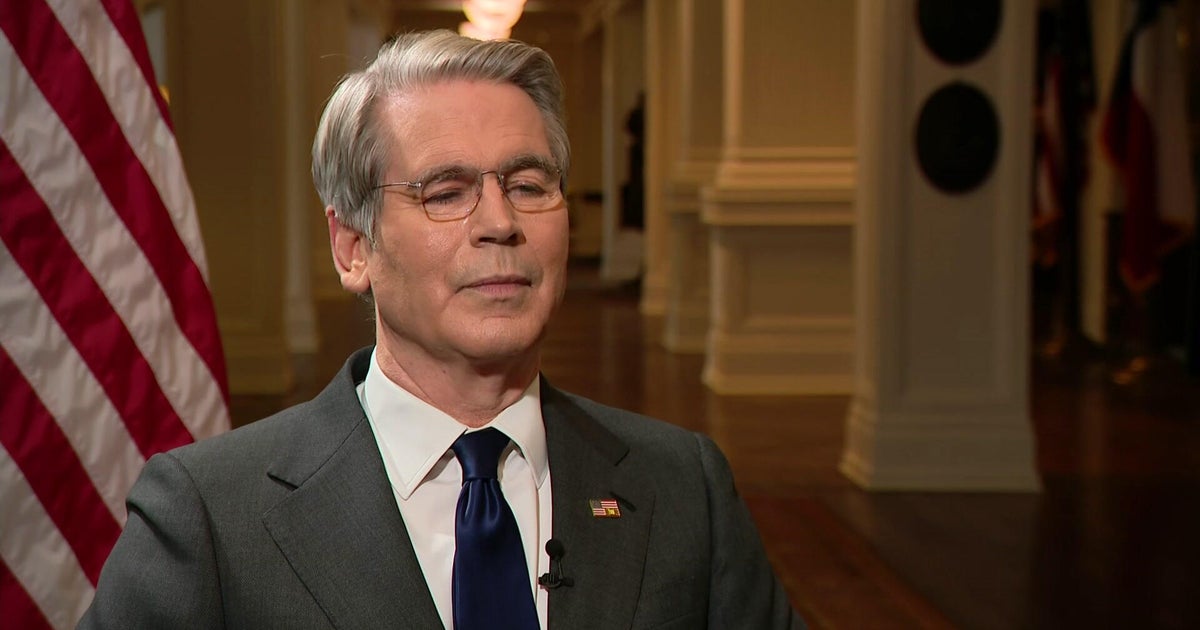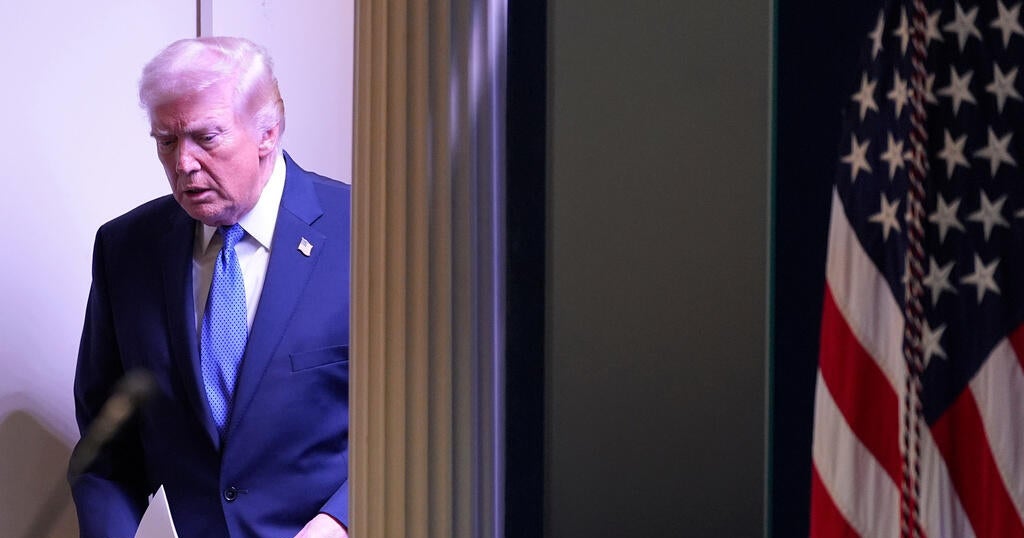China files WTO challenge to Trump's $200 billion tariff plan
China announced it filed a World Trade Organization challenge Monday to President Donald Trump's latest tariff threat, stepping up its diplomatic efforts to counter U.S. pressure in a spiraling technology dispute.
The Trump administration has criticized the WTO as unable to deal with the problems posed by China, suggesting a challenge there might have little impact in Washington. But it might help Beijing rally support from governments that criticized Trump for going outside the WTO to impose tariffs on Chinese and other imports.
The move is unusually swift, coming less than one week after the U.S. Trade Representative proposed 10 percent tariffs on a $200 list of Chinese goods. Those wouldn't take effect until at least September.
As the trade dispute grows between the two economic powers, China's economic growth is slowing. In the quarter ended in June, the world's second-largest economy expanded by 6.7 percent over a year earlier, down from the previous quarter's 6.8 percent, China reported Monday.
China's lopsided trade balance means it will run out of U.S. imports for penalty tariffs before Washington does. Beijing is trying to recruit support, so far in vain, from Europe, South Korea and other governments.
"We are unable to fight equally," said Tu Xingquan, director of the China Institute for WTO Studies at the University of International Business and Economics in Beijing.
Monday's move "indicates that we value the role of the WTO rules," said Tu.
Washington imposed 25 percent tariffs on $34 billion of Chinese goods in response to complaints Beijing steals or pressures companies to hand over technology. Beijing responded immediately by imposing identical penalties on a similar amount of American imports.
It has criticized the latest tariff threat but has only about $80 billion of annual imports left for penalties.
As for why Beijing hasn't retaliated, "there might be some adjustment in China's approach to countermeasures," said Tu.
Economists and business groups have suggested Beijing might try to disrupt operations of American companies, especially service industries, in which the United States runs a surplus. But Chinese officials have tried to appeal to American companies as allies.
A Commerce Ministry spokesman said last week Beijing hoped they would lobby Washington to protect their own interests.
Economically, China's growth was slowing even before the dispute with the Trump administration. Forecasters have expected a slowdown since Beijing tightened lending controls last year to rein in surging debt.
Growth was "generally stable" but "the uncertainties of the external environment are mounting," said Mao Shengyong, a spokesman for the National Bureau of Statistics.
Chinese leaders have expressed confidence their $12 trillion-a-year economy can survive the tariff war with U.S. President Donald Trump. Beijing is resisting American pressure to change industrial policies Washington says are based on stealing or pressuring foreign companies to hand over technology and might threaten U.S. industrial leadership.
But forecasters said the downturn is likely to deepen as Beijing tightens financial controls and trade tensions worsen.
"There are risks that Chinese growth will slow more abruptly," Citigroup economists said in a report.



